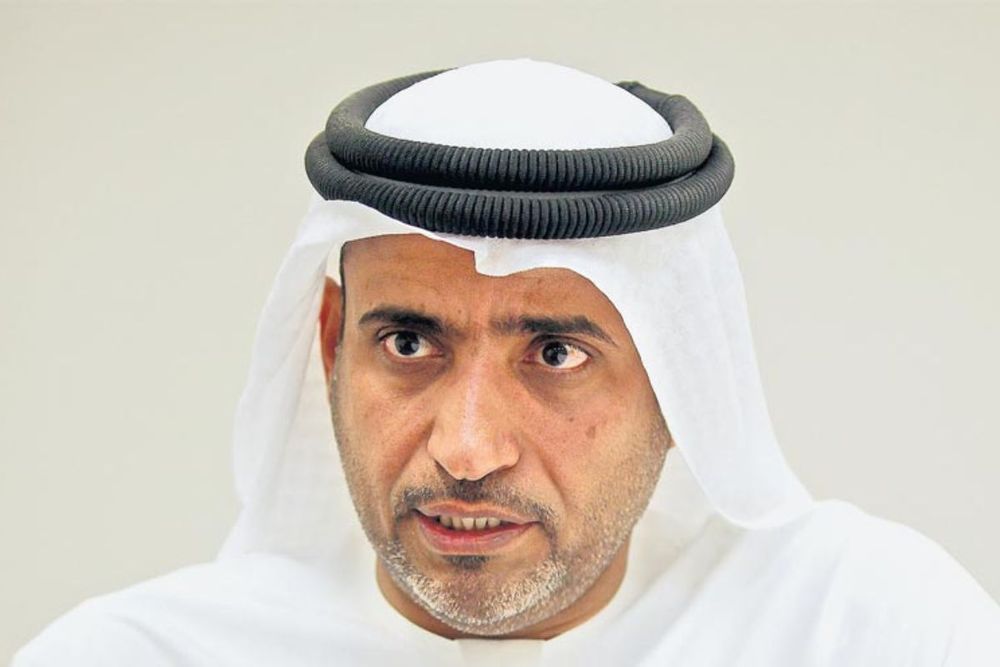Saif Mohammed Al Suwaidi, Director-General of the General Civil Aviation Authority (GCAA), said that the UAE enjoys global confidence in the aviation sector at the regional and international levels, noting that the sector has been a key pillar of the UAE's economic diversification efforts and a gateway to various global markets.
In a statement on the sidelines of the ongoing Third International Civil Aviation Organisation (ICAO) Conference on Aviation and Alternative Fuels (CAAF/3), Al Suwaidi said that the aviation industry has contributed about 14 percent to the national gross domestic product, expressing hope that this will be doubled within the next 10 to 12 years.
In response to a question about the UAE's hosting of the third ICAO Conference, Al Suwaidi explained that it represents the confidence of the international aviation community in the UAE and its capabilities in hosting exemplary events, noting that the country is at the forefront of hosting many global events in the aviation sector, all of which have come out with important announcements and recommendations.
He added that the conference aims to achieve international consensus, under the auspices of ICAO, on the mechanisms for transitioning towards a balanced system for producing aviation fuel and sustaining the growth of the aviation sector.
Al Suwaidi mentioned that in order to reach sustainable fuel, it is necessary to focus at the present time on low-carbon fuel as a transitional stage for the transition from fossil fuels to sustainable fuel. In this regard, the UAE, he said, has heavily invested in producing low-carbon fuel, and it is expected that the country's investments in producing this type of fuel will increase in light of the rising demand.
Al Suwaidi continued,
"We expect that the United Arab Emirates will become one of the main centres in the world for the production of alternative, low-carbon and sustainable fuels as well."
Saif Al Suwaidi added that the country’s aviation sector announced last year its commitment to the zero-carbon neutrality decision by 2050, highlighting the UAE’s announcement of the National Sustainable Aviation Fuel Roadmap, pointing out that all these efforts have strengthened the state's weight on the global scene in the file of sustainable fuel for the aviation sector.
The UAE has several advantages to develop a SAF industry that creates economic value, jobs, and reduces emissions. The UAE has considerable existing infrastructure and expertise with hydrocarbon fuels, a vibrant RDD landscape, and plentiful opportunities to generate cheap renewable energy.
SAF technology is supported by the pioneering UAE strategies across Energy, Climate, Industry, Hydrogen, and International Leadership. This roadmap illustrates how the UAE can take advantage of these opportunities, while mitigating the cost and feedstock challenges, to allow the UAE’s airlines to continue their profitable and sustainable growth.
The third International Civil Aviation Organisation (ICAO) Conference on Aviation and Alternative Fuels (CAAF/3) taking place in Dubai aims to reach an agreement on the steps needed to develop clean fuels for the aviation sector. It aims to advance an ICAO global framework for sustainable aviation fuel (SAF), lower-carbon aviation fuels and other clean energy for adoption at the conference.
News Source: Emirates News Agency









